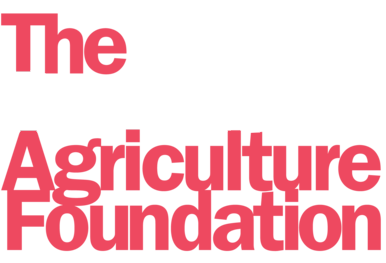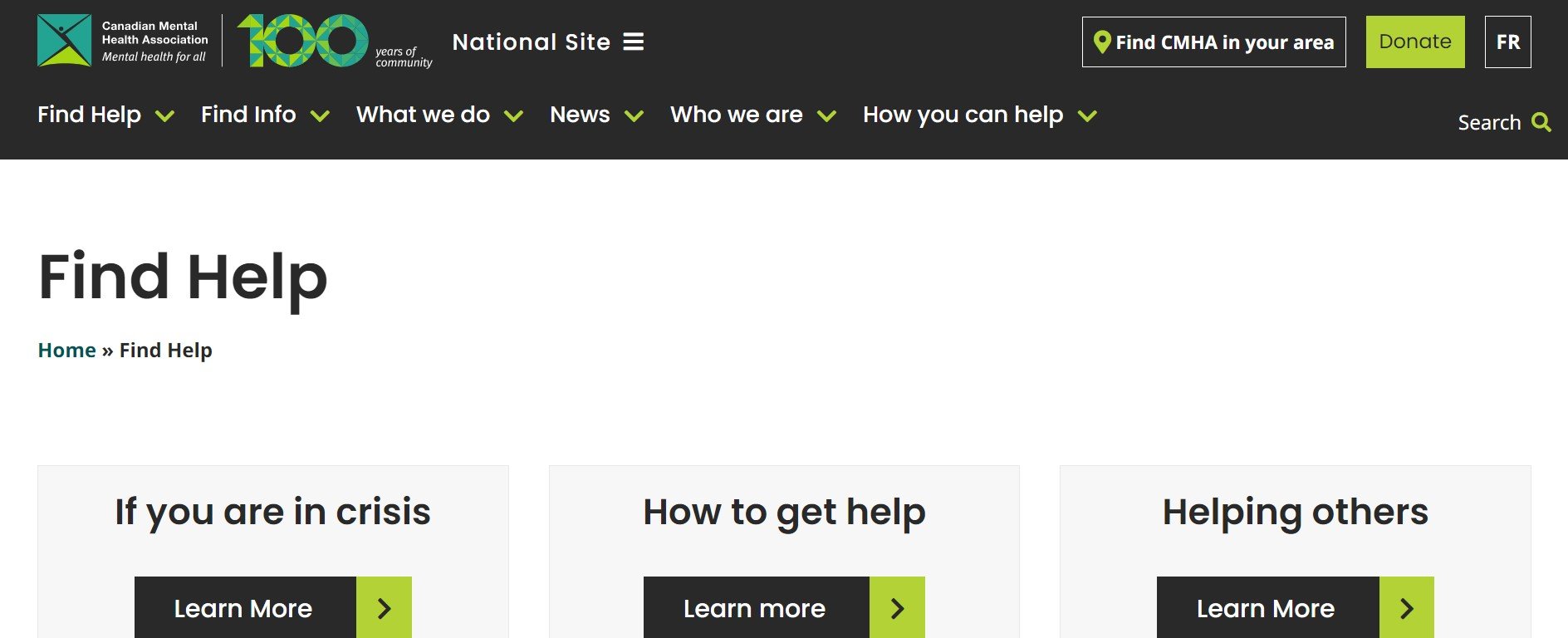This Week, A Friend Couldn't Answer The Question "Are You Okay?”
Tweets from Debra Murphy (@AgDebraM)
This week, a friend couldn't answer the question "are you okay?" Instead: Floods of tears. Shaking. Lungs as though they'd sprinted beyond capacity. An entire body tensely held in near-fetal position.
It took every ounce of my self-control to avoid distracting and problem solving. Every breath I took was slow, measured, to set pace, and get us through the next step together.
This wasn't the first time I noticed something. It was a journey to this moment. Over the course of weeks, I took a page from #BuddyUp. I started a conversation, and kept it going with regular check-ins. Now, for one of the most difficult parts. Sticking to my role.
First, I sat down beside them and asked a question. "Are you thinking of suicide, or thinking of hurting yourself?" The answer was no. I set aside the crisis line number (1-833-456-4566), and headed to the @CMHA_NTL site for resources.
I asked for my buddy's phone, and dialed a number for free counselling services. (I chose their phone, rather than mine for two reasons: 1. In case they needed space. 2. So they'd have the number in their call log.)
When someone answered, my friend could not speak, just looked at me, helpless. So I started to talk.
I said, "I'm here with a friend who is going through a really hard time, and needs some help." The person on the other end kindly asked to speak with the person, and started with the basics. Name, address, phone number.
I noticed a change. Though my buddy's voice was weak, it was present...and slowly, so were they. Though still in a protective position, muscles relaxed ever so slightly.
The person on the phone asked the same question I did. That hard question we need to be strong and calm enough to ask. "Are you thinking of suicide?"
Then, "I know you're not alone, do you consent to the person you're with being there with you for this call, or would you rather talk on your own?" "I'd rather be on my own."
A professional gently took the wheel. My friend was with a trained driver. And I had respected an important set of boundaries. For both of us.
It's the start of a journey, and every day I will remind myself that my role in it is Steps 1-4.
For incredible resources, efforts to break stigma, and for sharing the knowledge and confidence necessary to have discussions around mental health, thank you:
@MHCC_ (MHFA), @cspyyc (#BuddyUp), @CMHA_NTL, @CASP_CA, @domoreag, and so many more. #mentalhealthmatters
A big thank you to everyone who shared my previous thread, opened up about their experiences, and/or turned the table to make sure I was/am okay. (These events can be very traumatic for the first responder(s) too.)
I wrote about this instance because I felt it offered hope (something Twitter seems to need right now).
But I do want to say that I've also made a number of missteps in similar situations, either for lack of knowledge or struggles of my own. (Remember the analogy about donning your oxygen mask first.)
I've reflected on those situations a lot, wracked with guilt for how i should have done things differently. But that's not fair.
One of my favourite sayings when I begin to struggle with guilt is: "You did the best you could with the resources you had at the time."
It's the fuel needed to inspire growth, not guilt.
And yes, I'm okay. Better than. I'm proud of my friend and myself. And I'm full of hope. Let's be there for one another. #ItsOkayToNotBeOkay #MentalHealthMatters


